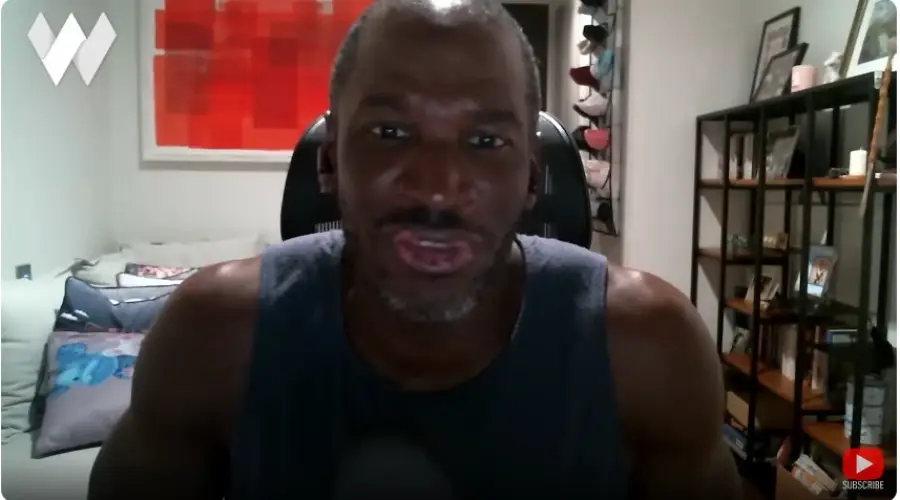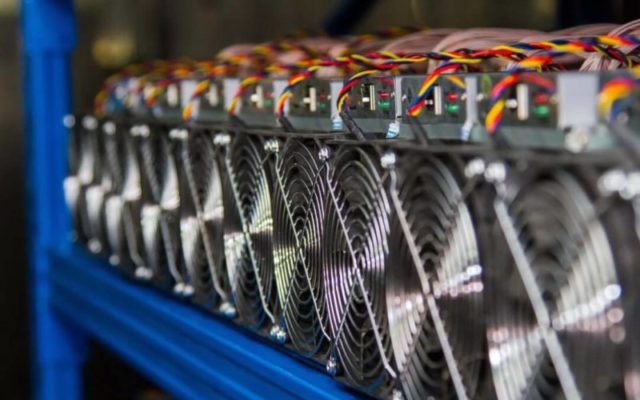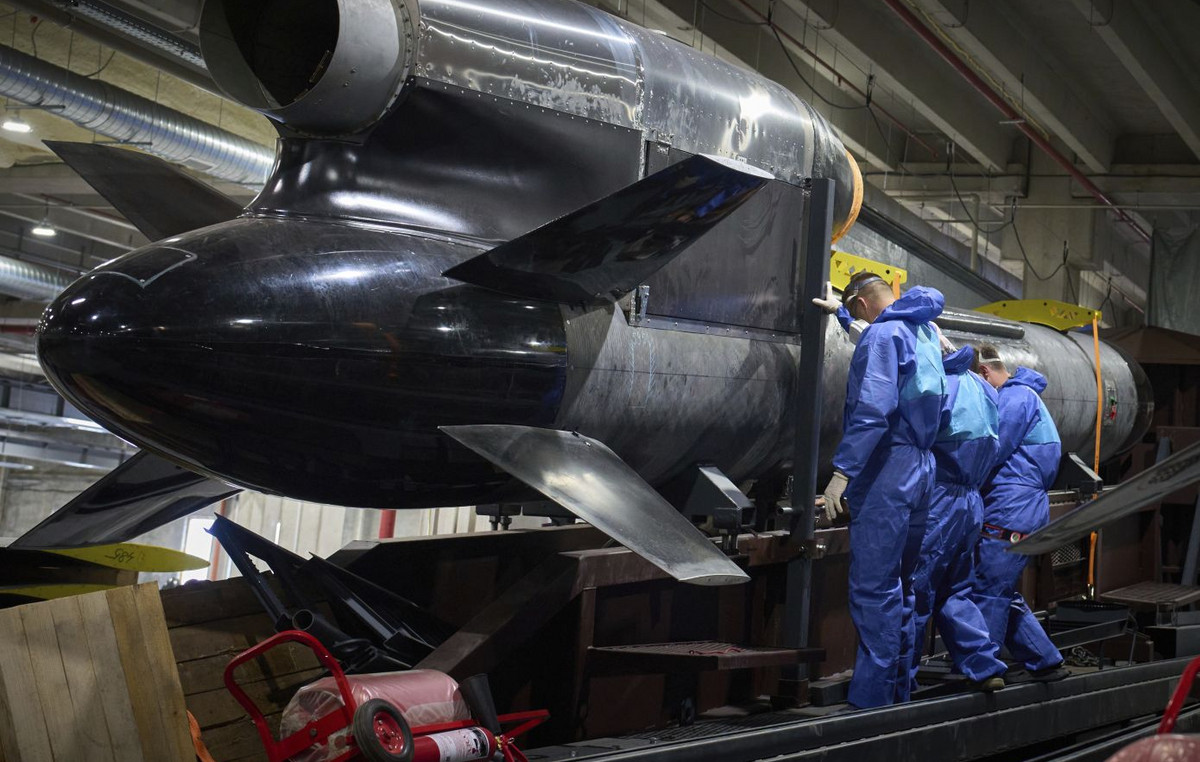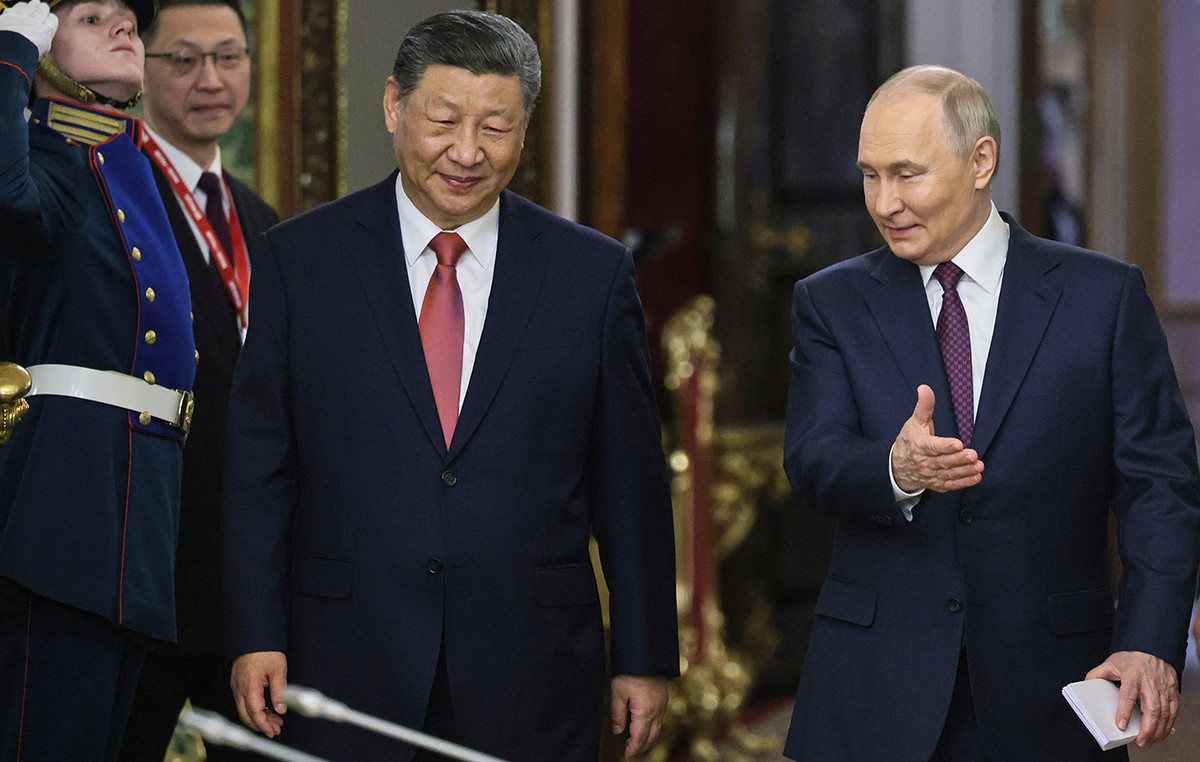When tennis star Peng Shuai revealed his explosive accusation of abuse leveled at a former Communist Party leader earlier this month, the Chinese government responded in typical fashion: smothering it with widespread censure.
Now, more than two weeks later, Beijing is facing a storm of its own making as the global women’s tennis community rises to challenge Chinese authorities for silencing one of its peers.
Peng, 35, a two-time Grand Slam double champion, has disappeared from the public eye since she accused former Deputy Prime Minister Zhang Gaoli, 75, of coercing her into having sex in his home. The complaint was made in a post on social networks, which has already been deleted, on November 2nd.
Since then, Chinese censors have diligently erased his name and the vaguest references to his allegations.
But the silencing campaign has not worked outside of China. In recent days, the Women’s Tennis Association (WTA) and some of its biggest stars, past and present, have expressed their solidarity with Peng, demanding to know his whereabouts.
Concerns only heightened after Chinese state media on Wednesday released a screenshot of an email, allegedly from Peng to the WTA, backing away from its sexual abuse allegations and stating that “everything is fine” .
In an interview with CNN, WTA chief Steve Simon described the email as a “staged statement of some kind”. He also declared that the association is “at a crossroads” with China, threatening to take business out of the country if Peng’s safety is not guaranteed and if his allegations are not properly investigated.
And the reverberations don’t just end with women’s tennis. Male tennis players joined the Twitter campaign, titled #WhereIsPengShuai [Onde está Peng Shuai], just like football stars.
With the Winter Olympics less than three months away, analysts say the controversy, if left unresolved, could result in an unprecedented clash between the sports community and Beijing.
“Sports fans around the world will be paying attention to this story, which includes billions of people,” said William Nee, research and advocacy coordinator for the NGO Chinese Human Rights Defenders (CHRD).
“This is an absolutely imminent disaster for the Chinese government. With each day that the Winter Olympics draw closer, the disaster becomes bigger and bigger for them if they don’t resolve it.”
The Beijing Olympics, scheduled for February, are already facing growing calls for a boycott of the Chinese government’s crackdown on Xinjiang, Tibet and Hong Kong. And the global clamor for the disappearance of Peng, who has played in three Olympics, could amplify those calls, said Nee.
The International Olympic Committee (IOC), for its part, said it would not comment on the matter and suggested addressing “silent diplomacy,” Reuters reported. THE CNN sought out the IOC for comments.
direct challenge
The fact that a censored publication on the networks could bring the tennis world together to take on Beijing would likely have come as a surprise to the Chinese government.
In recent years, officials in Beijing have successfully silenced not only countless internal voices but also a growing list of Western companies and industries hoping to retain access to the lucrative Chinese market — the list stretches from Hollywood to the NBA.
But the WTA refused to align. “Nowadays, when we get into issues like this, we often let business, politics and money dictate what’s right and wrong,” said Simon, head of the WTA, in an interview with CNN on Thursday (18).
“We have to start as a world that makes decisions based on right and wrong, period, and we cannot compromise on that,” he said. “We are definitely willing to slow down our business and deal with all the complications. Because this is certainly bigger than the business.”
As it prepares to turn its back on Chinese market access, including a 10-year deal to hold the annual finals in the southern Chinese city of Shenzhen, the WTA poses a direct challenge to Beijing.
Beijing routinely uses market access as a powerful leverage to force Western businesses to shut up on human rights, or to follow its lines on issues like Taiwan and Hong Kong. But in the case of the WTA, such tactics have not worked as planned.
“So far, from a commercial and human rights perspective, the WTA is doing a much better job than almost every company that has been involved in disputes in China. And this really shows a way forward,” said CHRD’s Nee.
Mareike Ohlberg, senior member of the German Marshall Fund’s Asia Program, said the WTA’s bold move is “the right thing to do.”
“That’s frankly what most (organizations) should do. Most are very afraid, (fearing) that China might punish them. I think it’s important that more organizations realize that they also have a certain advantage,” she said.
The nature of Peng’s allegations also differentiated her case from previous political controversies surrounding China’s crackdown in Xinjiang, Tibet and Hong Kong. In these cases, Beijing has attacked Western companies for meddling in “China’s internal affairs.”
But the women’s rights movement knows no national borders. So far, the Chinese government has moved to suppress the defense #MeToo. It harnessed its authoritarian apparatus to detain, arrest, threaten and silence Chinese feminists and their supporters, and mobilized its propaganda machine to portray feminism as a puppet of Western influence destined to undermine China.
But now such tactics could prove counterproductive, with the global #MeToo movement helping to bring attention to Peng’s case, Ohlberg said.
“It’s a transnational movement that has ties abroad and therefore you can’t just confine it to a single country, and you can’t just shut people up in China,” she said.
“And that’s why it’s so important that people continue to talk about these things internationally. Because if you’re based in China, the state has a lot of options to shut you up,” she said. “(The international community) has a certain responsibility to show solidarity.”
Beijing’s Dilemma
By silencing Peng, Beijing is facing an unusual dilemma. If Peng were to appear on state television, analysts say many will take what she says little seriously, given the Chinese state media’s long history of making forced confessions or statements made under duress by people in extrajudicial detention.
And in Western democracies it would be easy for the ruling party to deny such accusations, or even to distance the fact from the high official. In China, party leaders are beyond censorship from members of the general public.
And Zhang is no ordinary leader. He once served on the Communist Party’s Polituro Standing Committee, the country’s supreme leadership body, alongside Chinese President Xi Jinping.
The only way senior leaders can fall from grace is to be disciplined by the party itself – as some did in Xi’s broad anti-corruption campaign.
To date, the Chinese government has repeatedly refused to comment on Peng’s case. Speaking at a press conference on Thursday, Chinese Foreign Ministry spokesman Zhao Lijian said Peng’s indictment was not a diplomatic issue and declined to comment further. THE CNN sought out the Information Office of the State Council of China for comment.
Political sensitivity is perhaps best demonstrated in a tweet by Hu Xijin, editor-in-chief of the nationalist state tabloid Global Times. Hu is the only high-level state media propagandist who has commented on Peng’s case in public, albeit on a banned platform in China.
“As a person familiar with the Chinese system, I don’t believe Peng Shuai has received speculated retaliation and repression by foreign media for what people say,” he wrote in the early hours of Thursday, apparently too scared to even mention the name. of the accused or the nature of the allegation.
*This article has been translated. Read the original in English
Reference: CNN Brasil
I’m James Harper, a highly experienced and accomplished news writer for World Stock Market. I have been writing in the Politics section of the website for over five years, providing readers with up-to-date and insightful information about current events in politics. My work is widely read and respected by many industry professionals as well as laymen.







